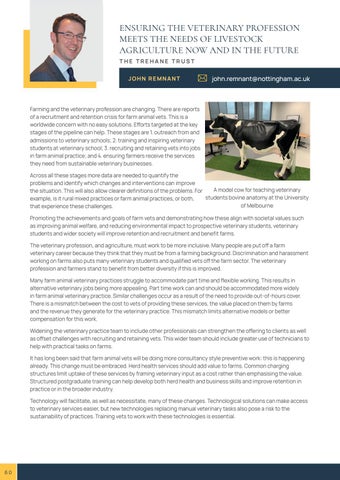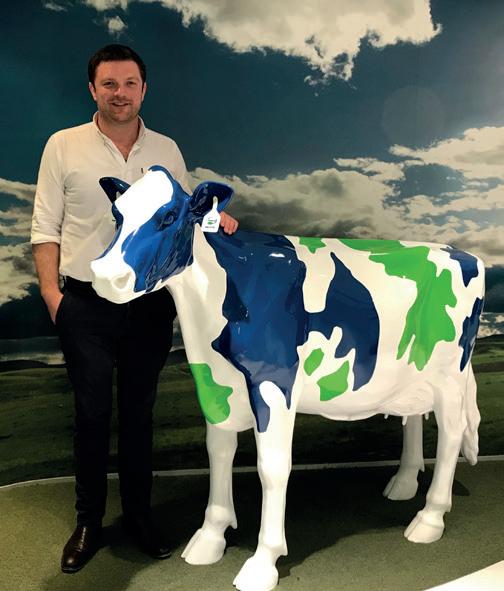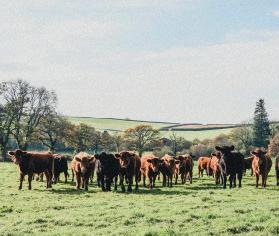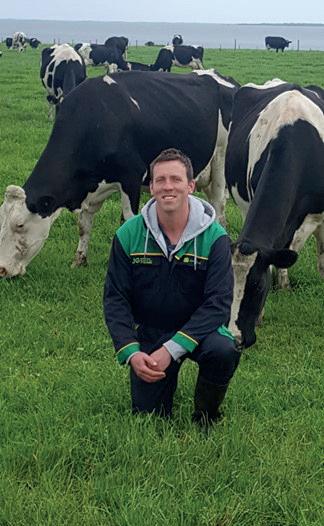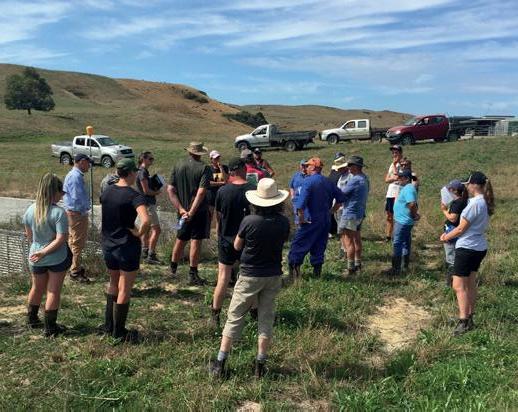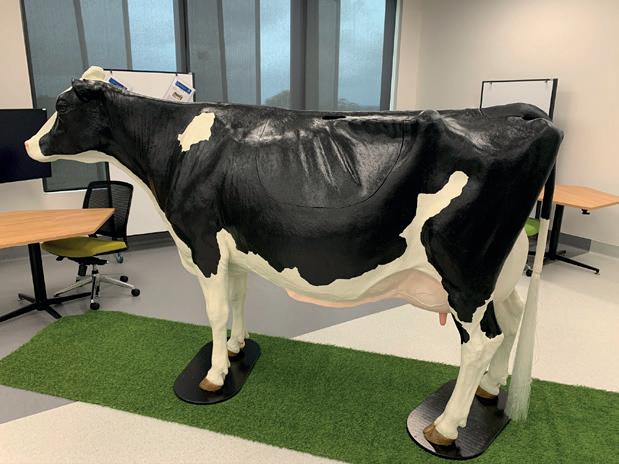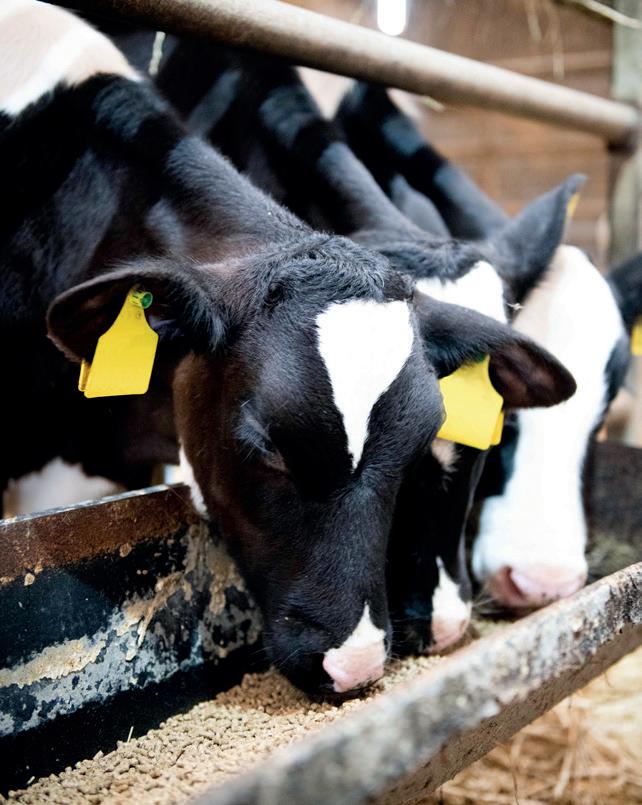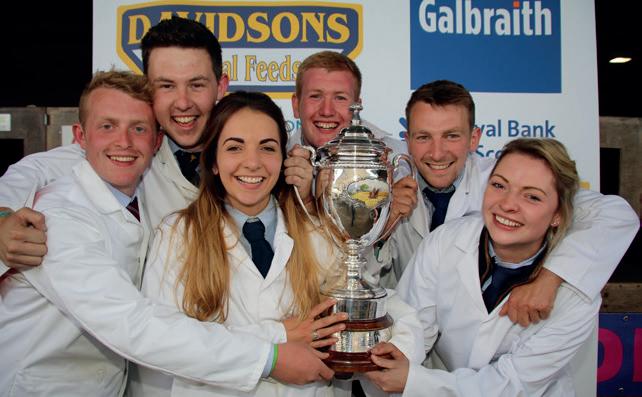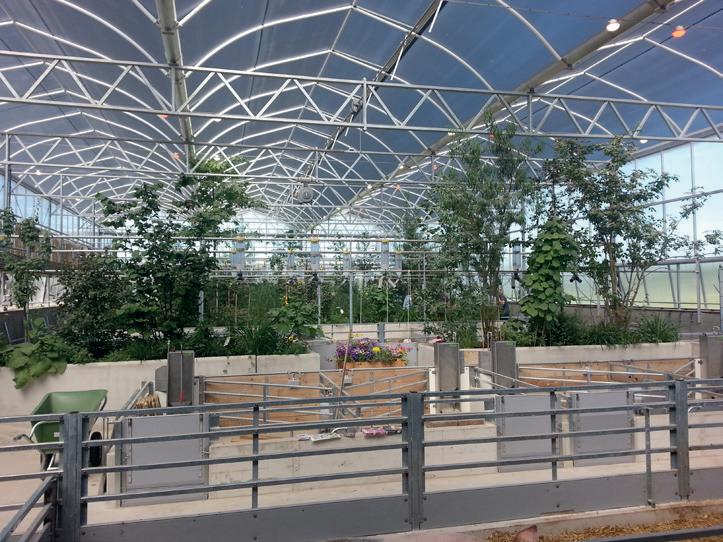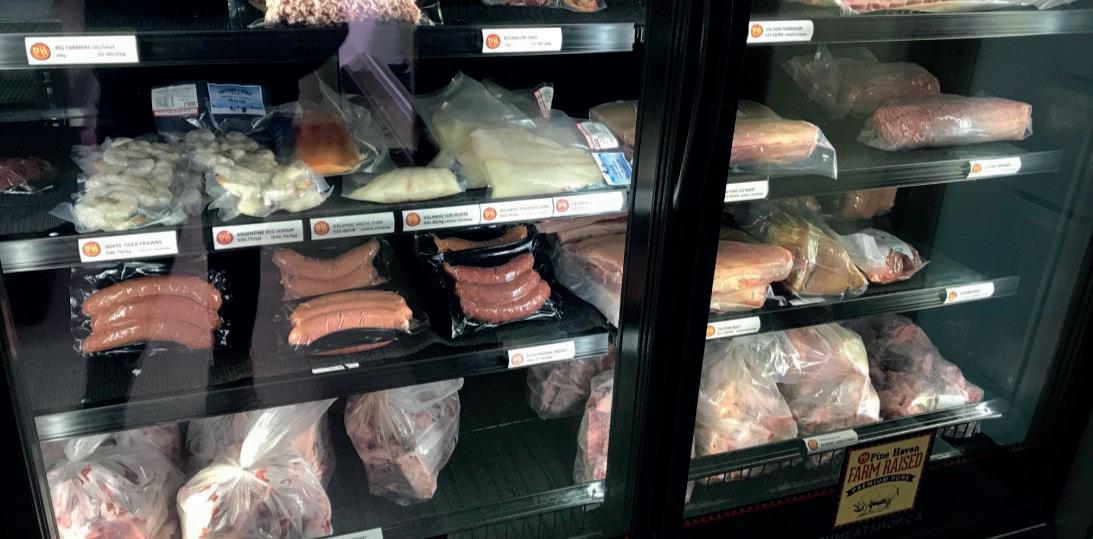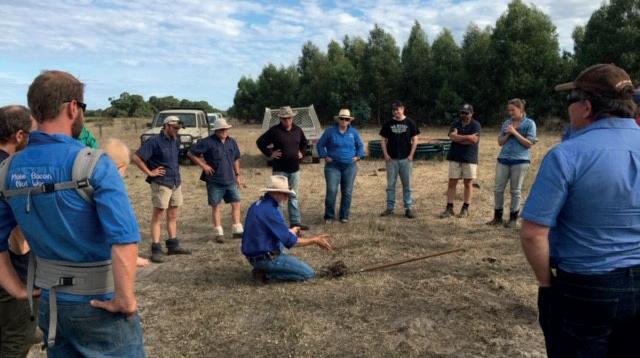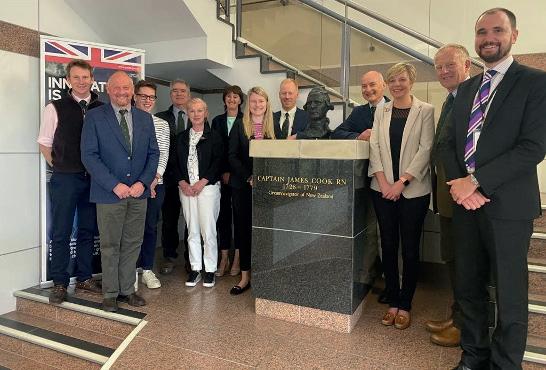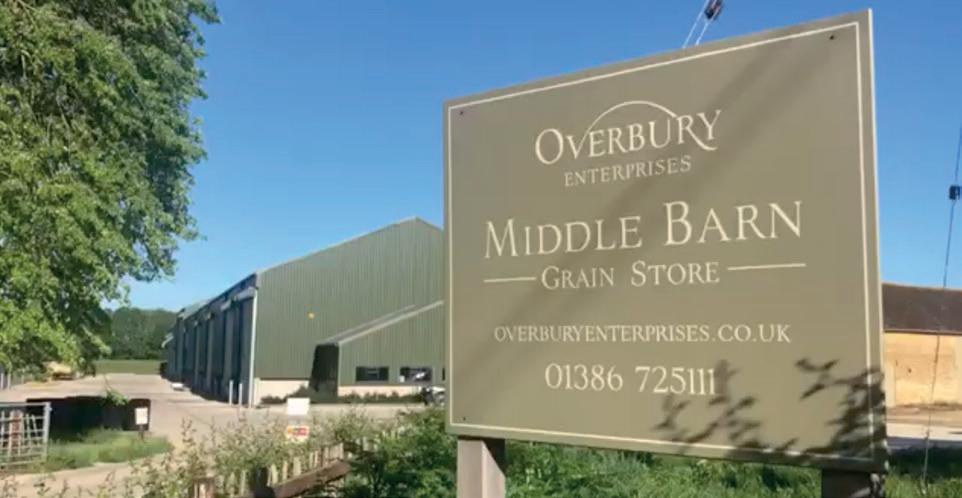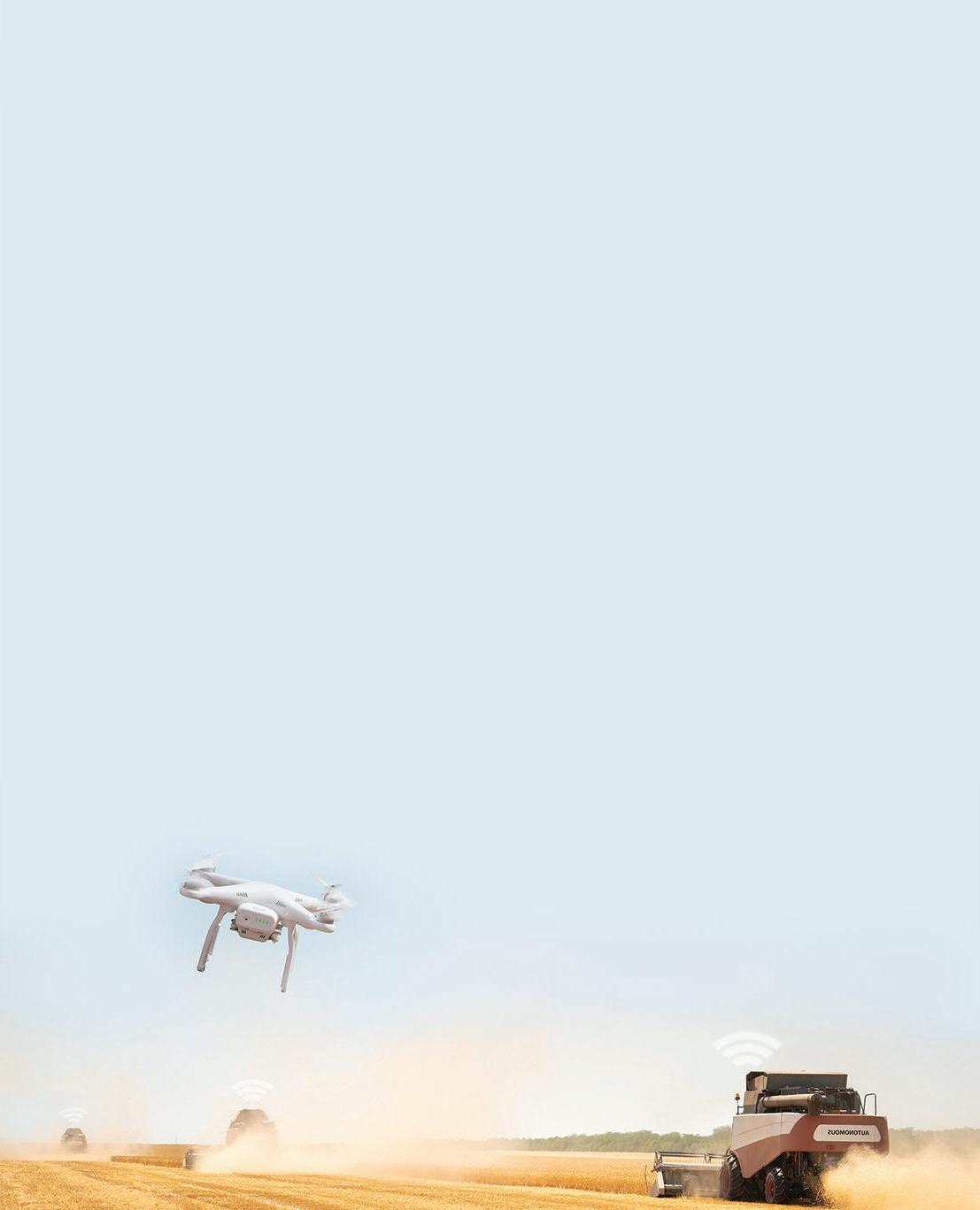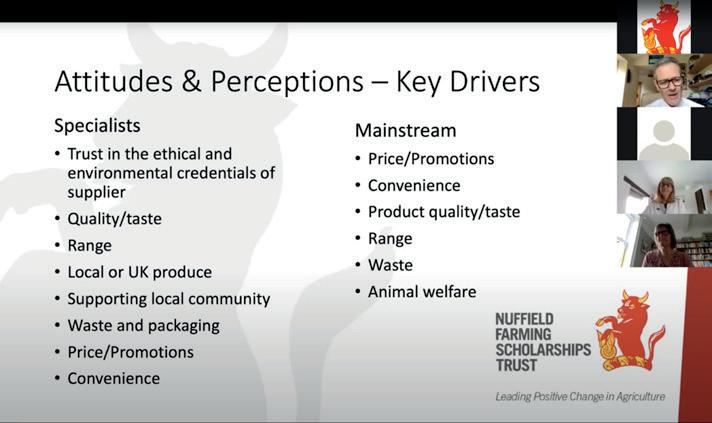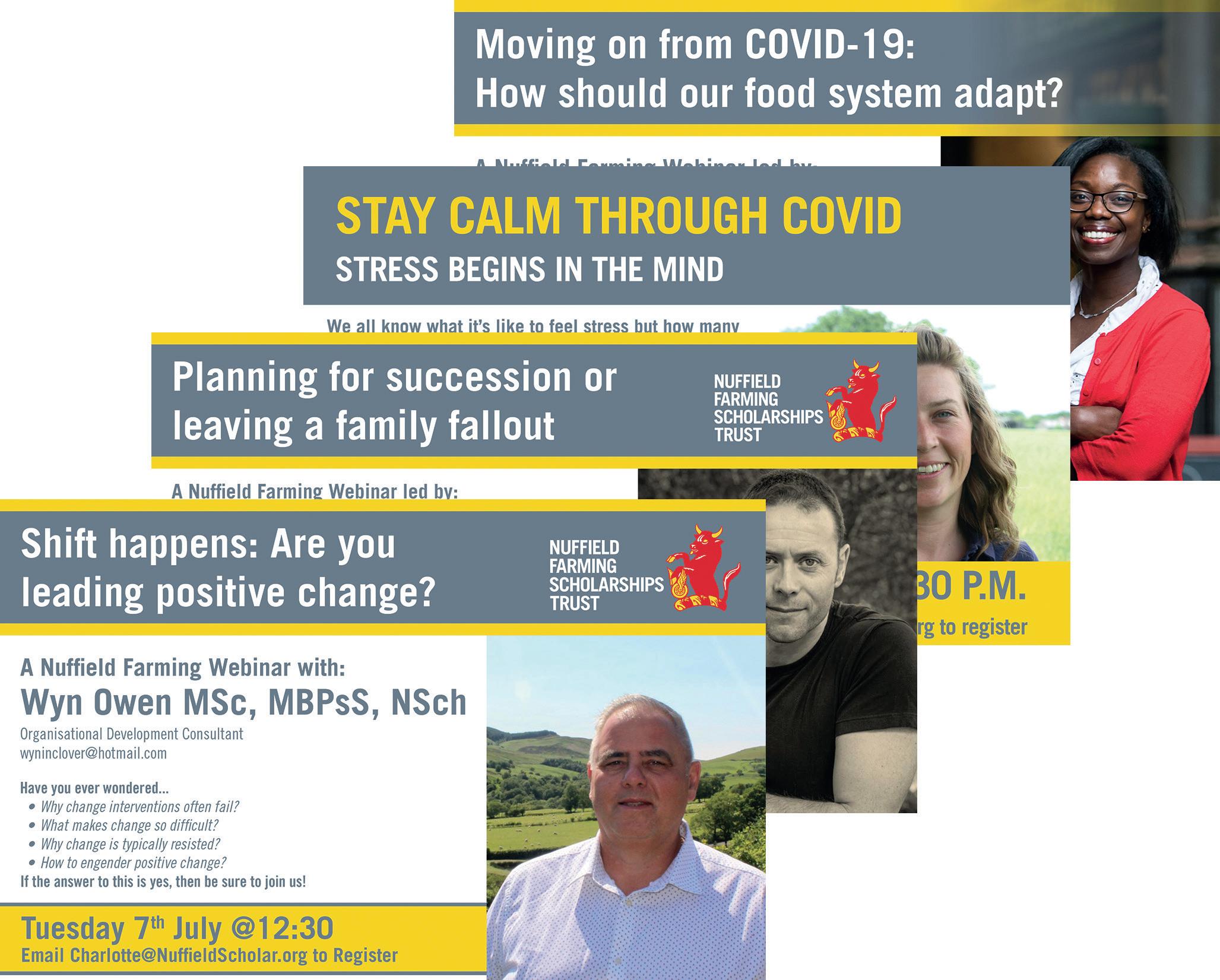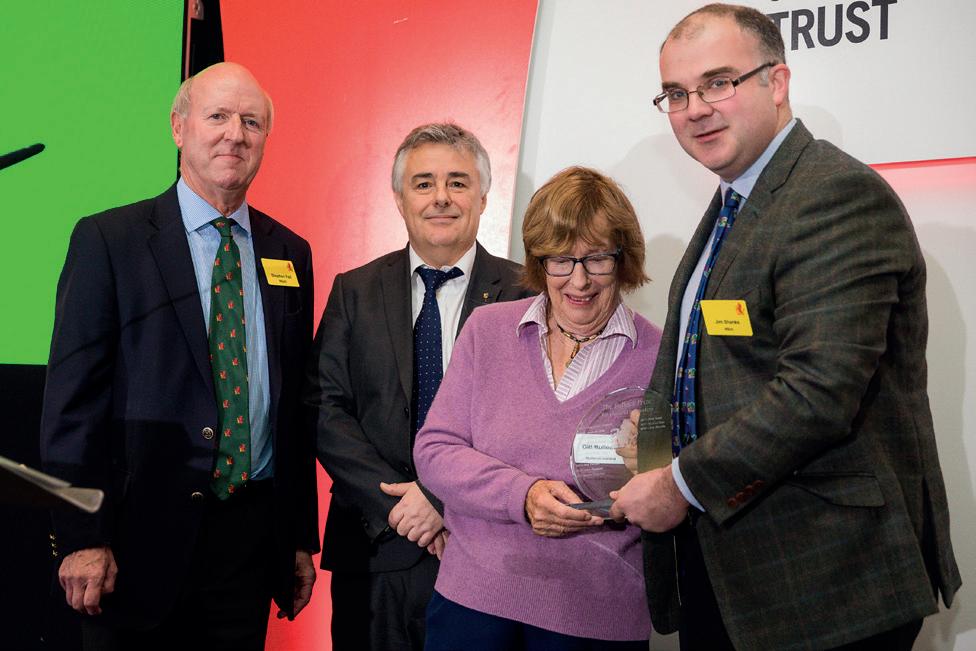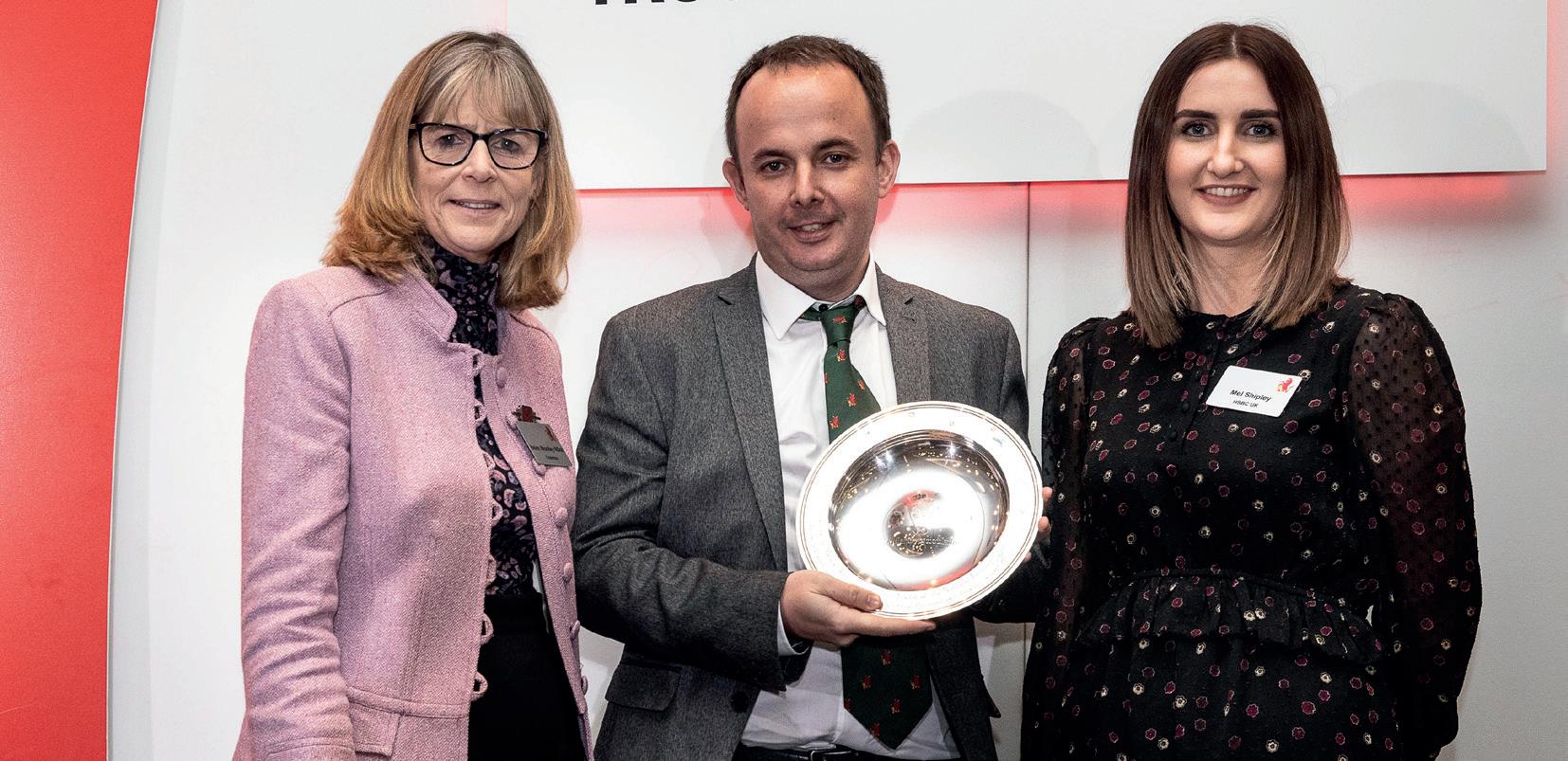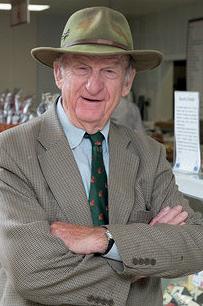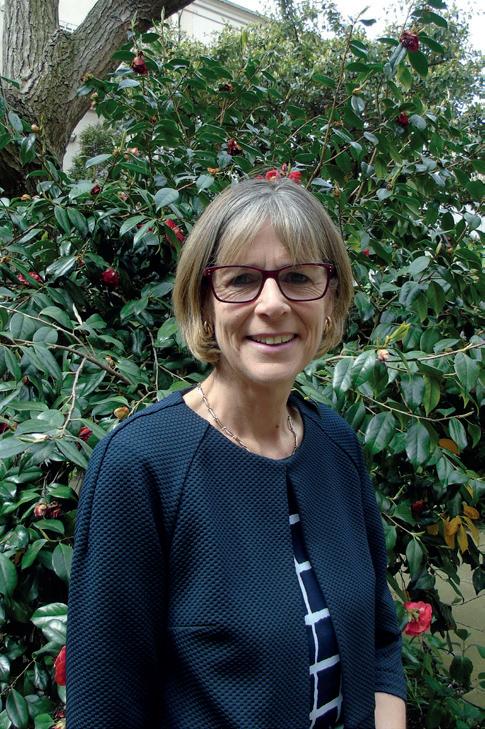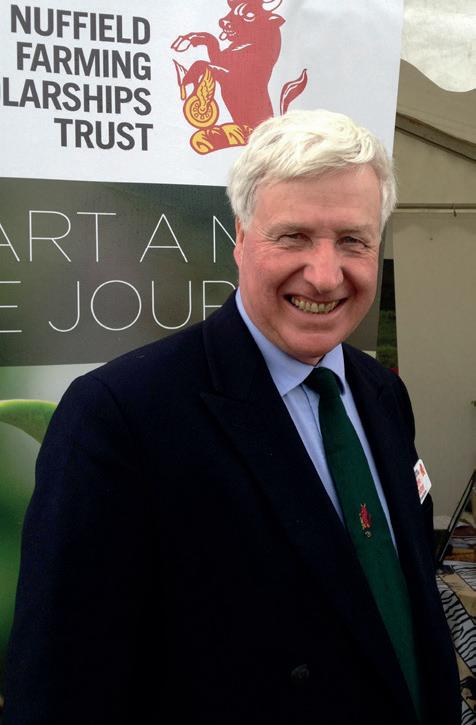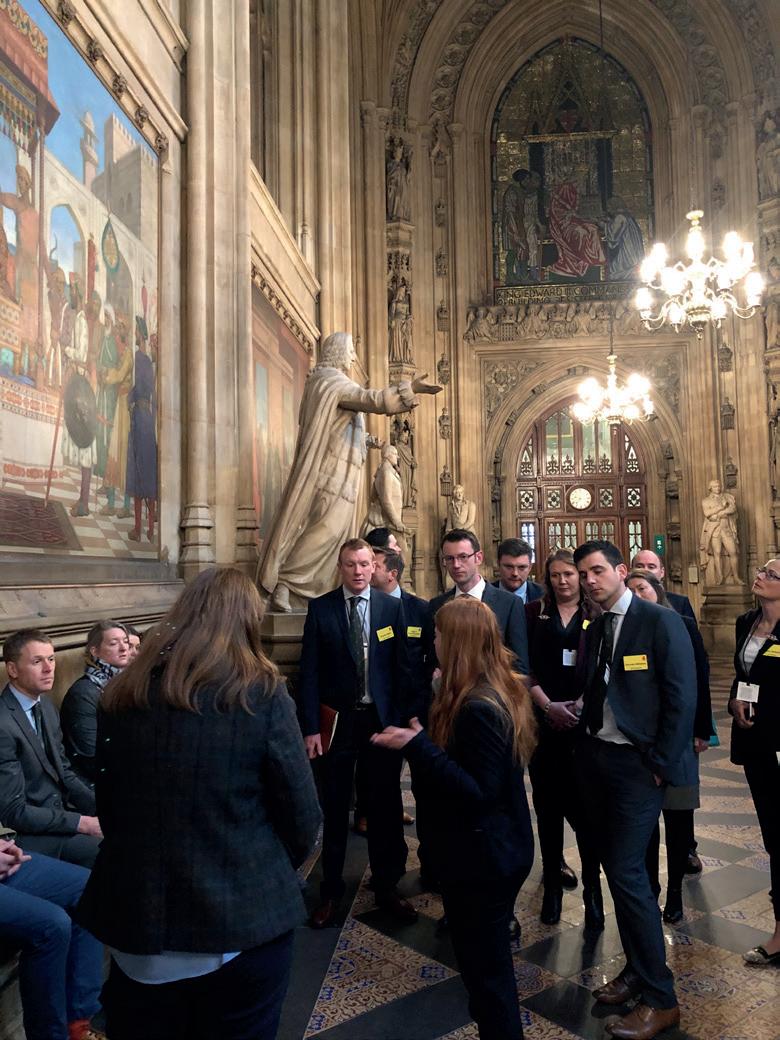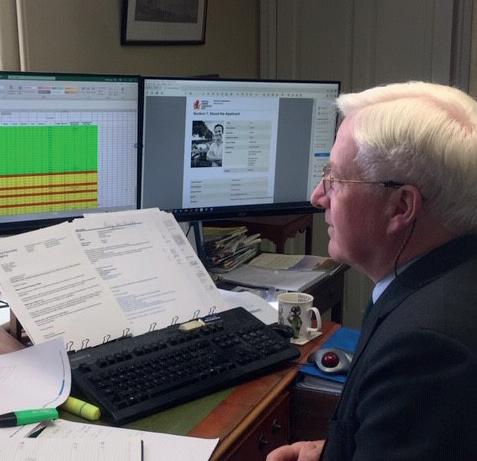ENSURING THE VETERINARY PROFESSION MEETS THE NEEDS OF LIVESTOCK AGRICULTURE NOW AND IN THE FUTURE THE TREHANE TRUST JOHN REMNANT
john.remnant@nottingham.ac.uk
Farming and the veterinary profession are changing. There are reports of a recruitment and retention crisis for farm animal vets. This is a worldwide concern with no easy solutions. Efforts targeted at the key stages of the pipeline can help. These stages are 1. outreach from and admissions to veterinary schools; 2. training and inspiring veterinary students at veterinary school; 3. recruiting and retaining vets into jobs in farm animal practice; and 4. ensuring farmers receive the services they need from sustainable veterinary businesses. Across all these stages more data are needed to quantify the problems and identify which changes and interventions can improve A model cow for teaching veterinary the situation. This will also allow clearer definitions of the problems. For students bovine anatomy at the University example, is it rural mixed practices or farm animal practices, or both, of Melbourne that experience these challenges. Promoting the achievements and goals of farm vets and demonstrating how these align with societal values such as improving animal welfare, and reducing environmental impact to prospective veterinary students, veterinary students and wider society will improve retention and recruitment and benefit farms. The veterinary profession, and agriculture, must work to be more inclusive. Many people are put off a farm veterinary career because they think that they must be from a farming background. Discrimination and harassment working on farms also puts many veterinary students and qualified vets off the farm sector. The veterinary profession and farmers stand to benefit from better diversity if this is improved. Many farm animal veterinary practices struggle to accommodate part time and flexible working. This results in alternative veterinary jobs being more appealing. Part time work can and should be accommodated more widely in farm animal veterinary practice. Similar challenges occur as a result of the need to provide out-of-hours cover. There is a mismatch between the cost to vets of providing these services, the value placed on them by farms and the revenue they generate for the veterinary practice. This mismatch limits alternative models or better compensation for this work. Widening the veterinary practice team to include other professionals can strengthen the offering to clients as well as offset challenges with recruiting and retaining vets. This wider team should include greater use of technicians to help with practical tasks on farms. It has long been said that farm animal vets will be doing more consultancy style preventive work: this is happening already. This change must be embraced. Herd health services should add value to farms. Common charging structures limit uptake of these services by framing veterinary input as a cost rather than emphasising the value. Structured postgraduate training can help develop both herd health and business skills and improve retention in practice or in the broader industry. Technology will facilitate, as well as necessitate, many of these changes. Technological solutions can make access to veterinary services easier, but new technologies replacing manual veterinary tasks also pose a risk to the sustainability of practices. Training vets to work with these technologies is essential.
60
